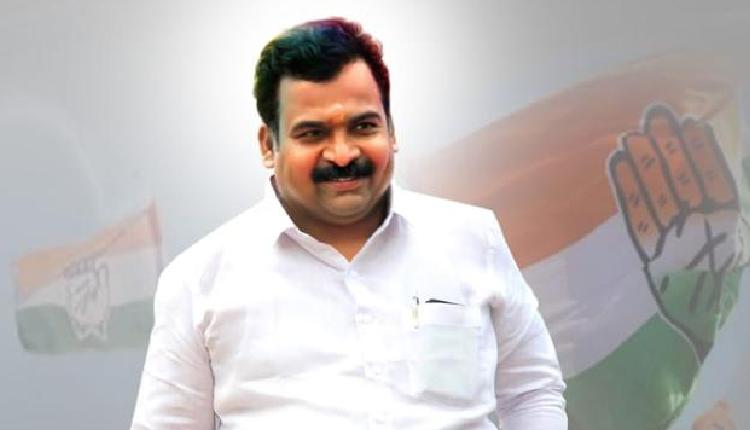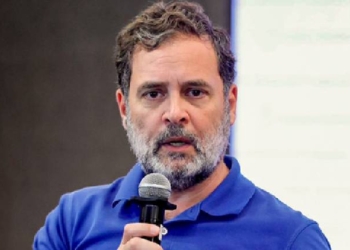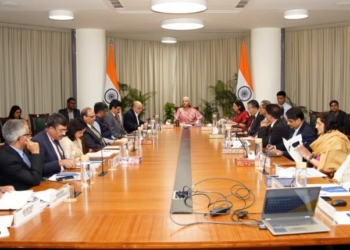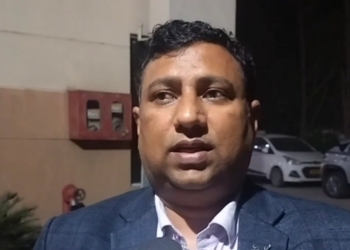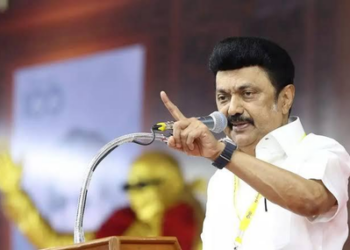New Delhi: Amid the controversy over the deepfake video involving actress Rashmika Mandanna, Congress leader Manickam Tagore on Tuesday wrote to Union IT Minister Ashwini Vaishnaw, saying it poses a severe threat to individuals’ privacy and security and demanded for a comprehensive legal and regulatory framework in India to tackle the challenges posed by the technology.
In his two page letter, Tagore, who is also party’s incharge for Goa, said, “I am writing to bring to your attention a matter of utmost importance concerning the growing issue of deepfake technology in our country.”
“As the Minister of Information Technology. I believe you are well aware of the rapid advancements in technology and their potential impact on our society,” the Congress Lok Sabha MP said.
He asserted that deepfake technology has gained prominence in recent years, allowing for the creation of hyper-realistic fake videos and audios.
“While this technology has various legitimate applications, it also poses a severe threat to individuals’ privacy, security and the integrity of our information ecosystem. We have witnessed instances where deepfakes have been used for malicious purposes, including the spread of misinformation, defamation, and identity theft,” he emphasized.
“To address this pressing concern. I would like to emphasize the urgent need for a comprehensive legal and regulatory framework in India to tackle the challenges posed by deepfake technology,” Tagore said.
He said that such a framework should encompass the key components like clear Definitions Define deepfake technology and its potential consequences to provide a foundation for regulatory measures, implement strict regulations to prevent the creation and dissemination of malicious deepfakes, with appropriate penalties for offenders, develop and promote the use of reliable authentication methods for digital content to verify its authenticity.
He said that the government should establish a system for individuals to report instances of deepfake abuse, and ensure swift response and action by relevant authorities, launch public awareness campaigns to educate citizens about the risks associated with deepfakes and how to identify them and collaborate with international organisations and governments to address cross-border challenges associated with deepfake technology
“I urge you to consider this matter with the utmost urgency and prioritize the development of a legal and regulatory framework to combat deepfakes in India. The potential consequences of inaction are severe and could undermine trust in digital content, compromise national security, and harm innocent individuals,” he said.
“I am confident that with your leadership and the dedicated efforts of the Ministry of Information Technology, we can create a safer digital environment for our citizens and ensure that technology serves the greater good of our nation,” he added.
His remarks came after Mandanna on Monday reacted to a reported morphed video of herself which went viral on social media, and called it “extremely scary”, adding that “we must address this as a community urgently before anyone else gets affected by such identity theft”.
Taking a strong stance against the viral deepfake video of her, Mandanna penned a long note on social media: “I feel really hurt to share this and have to talk about the deepfake video of me being spread online. Something like this is honestly extremely scary, not only for me, but also for each one of us who today is vulnerable to so much harm because of how technology is being misused.”
(IANS)




